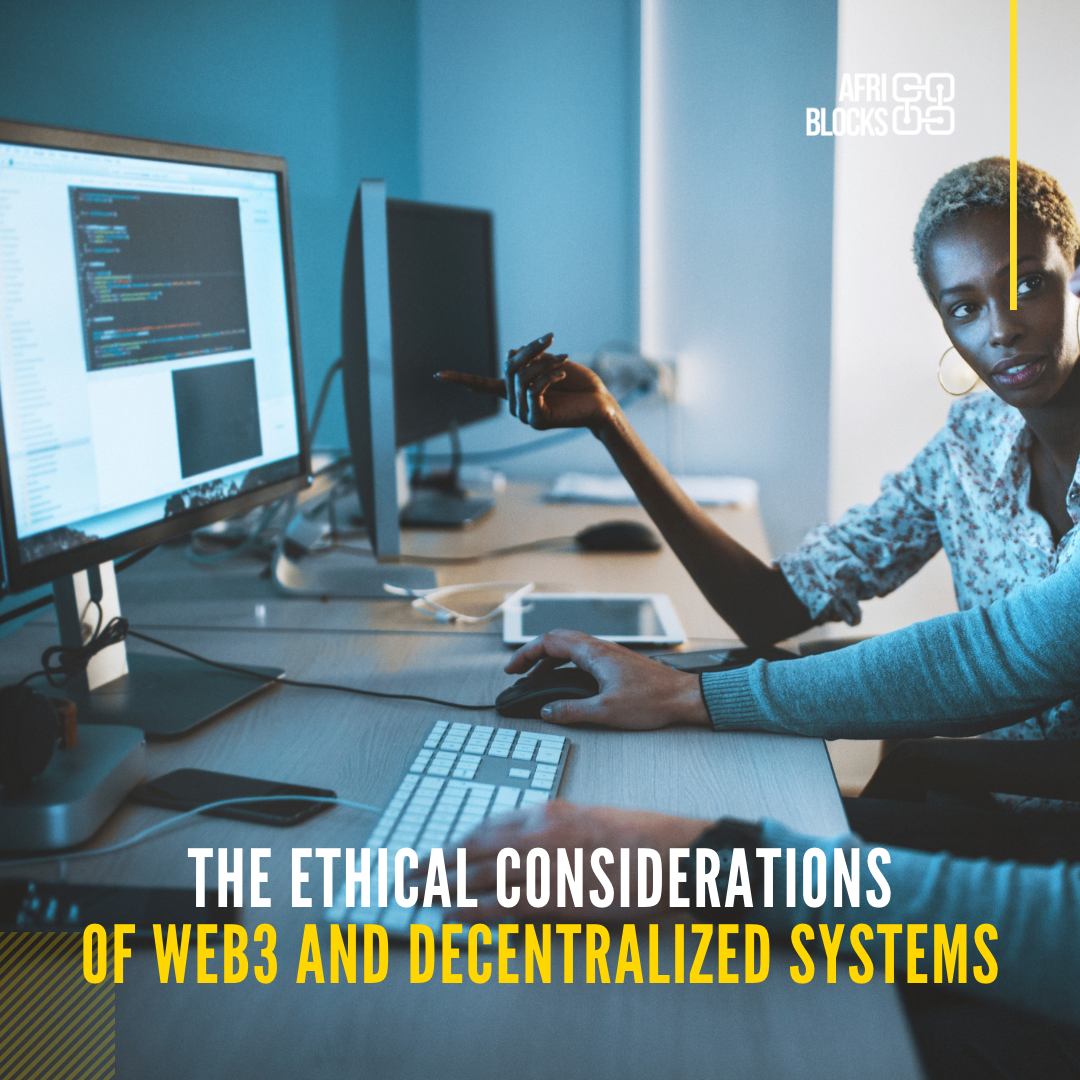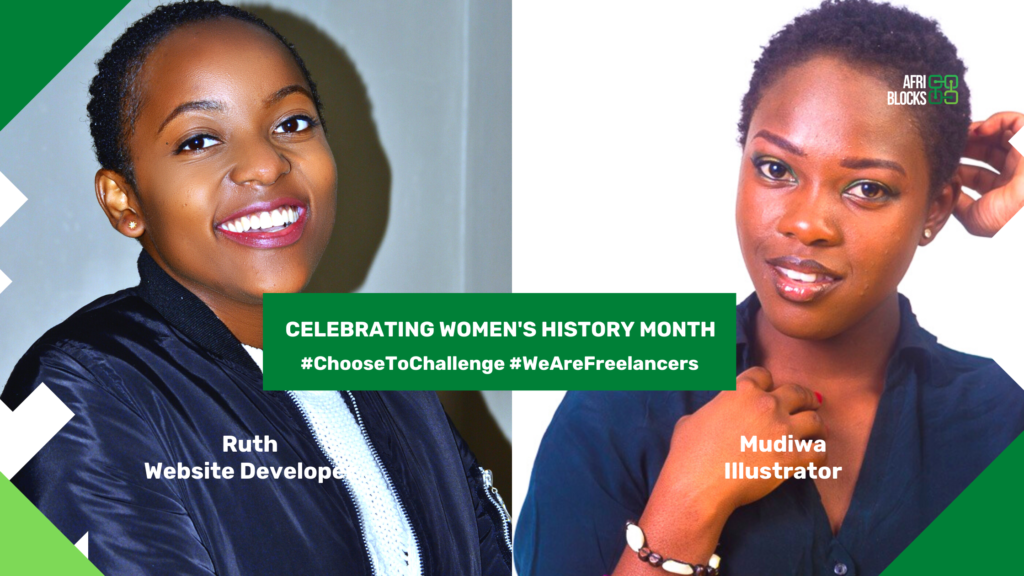
AfriBlocks Network
As the global gig economy continues to thrive, businesses are increasingly turning to African freelancers for their diverse skills and cost-effectiveness. However, when hiring freelancers from Africa, it is crucial to be aware of the legal considerations surrounding contracts and intellectual property (IP) to ensure a smooth and legally sound working relationship. In this article, we will explore key points to consider when hiring African freelancers, focusing on contracts and IP protection.
- Clear and Comprehensive Contracts
When engaging with African freelancers, it is essential to establish a clear and comprehensive contract that outlines the terms and conditions of the working relationship. The contract should cover aspects such as the scope of work, deliverables, payment terms, timelines, and any specific requirements unique to the project. It is advisable to seek legal advice to ensure the contract aligns with both local and international laws.
- Jurisdiction and Choice of Law
Determining the jurisdiction and choice of law is an important aspect of the contract. Parties should agree on which country's laws will govern the contract and resolve any potential disputes. Understanding the legal landscape of the freelancer's country and ensuring compliance with local regulations is crucial to avoid any legal complications.
- Intellectual Property Rights
Protecting intellectual property (IP) is a critical consideration when working with freelancers. Clarifying ownership of IP rights in the contract is essential to avoid any disputes in the future. It is recommended to include provisions that clearly state whether the freelancer retains ownership of their work or transfers it to the hiring party upon completion. Non-disclosure agreements (NDAs) can also be used to protect sensitive information shared during the project.
- Compliance with Employment Laws
While freelancers are not considered employees, it is still important to comply with relevant employment laws in the freelancer's country. Familiarize yourself with local labor regulations, including tax obligations, work permits, and any other legal requirements that may apply. This will help ensure a compliant and ethical working relationship.
- Dispute Resolution Mechanisms
Including a dispute resolution clause in the contract is crucial to address any potential conflicts that may arise during the project. Parties can opt for negotiation, mediation, or arbitration as alternative dispute resolution mechanisms. Clearly defining the process for resolving disputes can save time, money, and potential legal complications.
When hiring African freelancers, it is essential to consider the legal aspects of the working relationship. Creating clear and comprehensive contracts, understanding jurisdiction and choice of law, protecting intellectual property rights, complying with employment laws, and establishing dispute resolution mechanisms are key considerations to ensure a successful collaboration. By addressing these legal considerations, businesses can foster a positive and legally sound working relationship with African freelancers.
In addition to the legal aspects, it is also important to foster open and effective communication with freelancers. Building trust and maintaining clear lines of communication can help mitigate potential misunderstandings and ensure a smooth workflow. Regular check-ins, project updates, and addressing any concerns promptly can contribute to a productive and harmonious working relationship.
Furthermore, it is recommended to work with reputable freelancing platforms or agencies that have established mechanisms for vetting and verifying freelancers. These platforms often provide templates for contracts and offer additional support in navigating legal considerations. It is worth noting that laws and regulations can vary across different African countries. Therefore, it is crucial to conduct thorough research and seek legal advice specific to the country where the freelancer is based. This will ensure compliance with local laws and regulations, and help avoid any potential legal challenges.
In conclusion, hiring African freelancers offers businesses a wealth of talent and cost-effective solutions. However, it is vital to approach the engagement with a clear understanding of the legal considerations surrounding contracts and intellectual property. By establishing comprehensive contracts, clarifying ownership of intellectual property, complying with employment laws, and setting up effective dispute resolution mechanisms, businesses can foster successful collaborations with African freelancers while mitigating potential legal risks.
Backed by TechStars and Google; AfriBlocks equips users with a talent platform that streamlines the process of connecting with top affordable African freelancers. Making it easier to find, vet, hire, and pay African talent.
Post A Job to support: https://afriblocks.com/request-a-service










